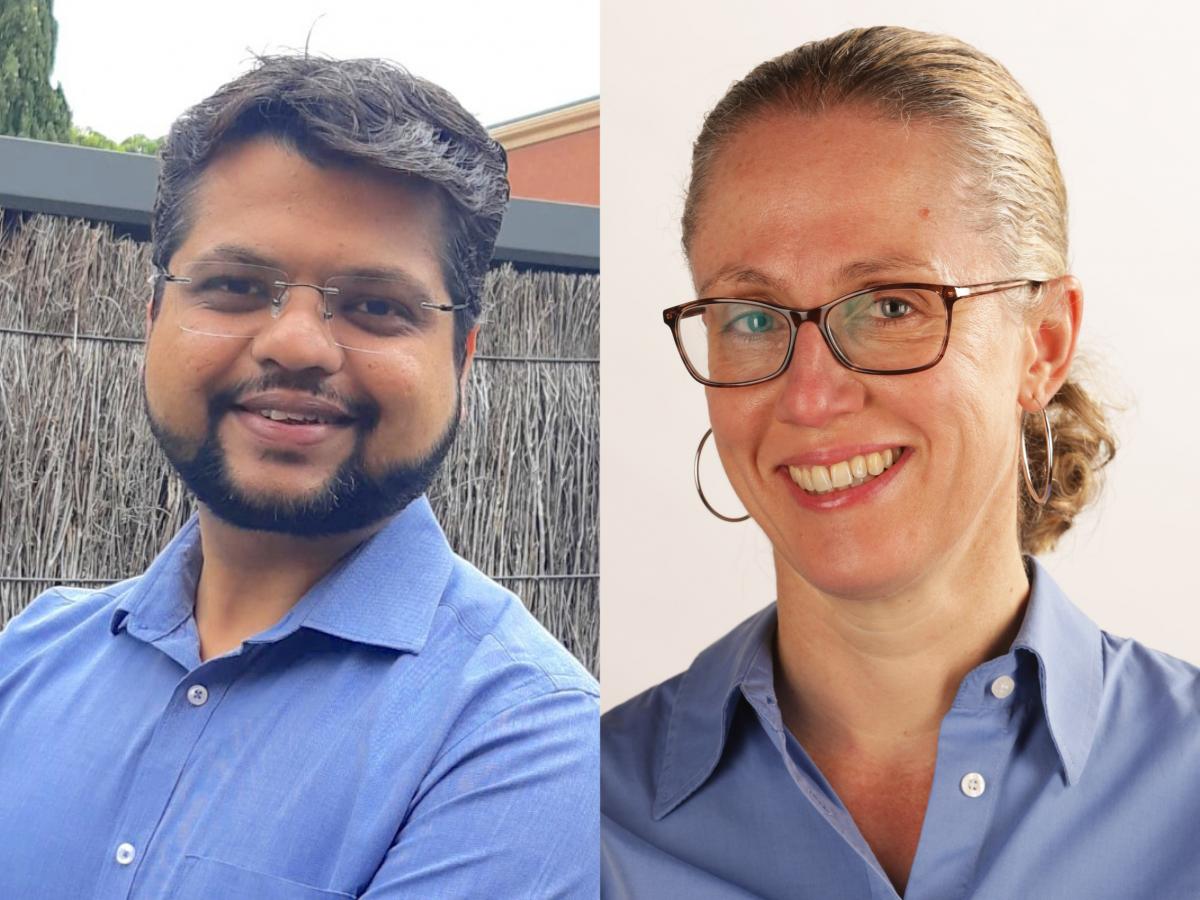A message from the DD (P&C) and Chair of the AWA WG

In this week's update, our Deputy Dean (People & Culture) Professor Kapil Chousalkar and Professor Amanda Able provide an update on the newly-established Academic Workload Allocation Working Group (AWA WG).
This working group will be responsible for the review of current workload allocation principles and practice in the Faculty; and the development of guidance for coherent, collaborative, flexible, accountable, holistic, and transparent Workload Models that clearly define the expectations and role of SET academics in the organization but also enable the support of individual career aspirations.
Professor Kapil Chousalkar, Deputy Dean (People & Culture)
The Academic Workload Allocation Working Group (AWA WG) is now established. This working group will be responsible for the review of current workload allocation principles and practice in the Faculty; and the development of guidance for coherent, collaborative, flexible, accountable, holistic, and transparent Workload Models that clearly define the expectations and role of SET academics in the organization but also enable the support of individual career aspirations. Professor Amanda Able is chairing this working group. Amanda has made excellent progress and it has been great working with her and other committee members on this project. We would like to thank all of our colleagues who have expressed interest in being part of this working group. Amanda has provided her perspective and the list of committee members below. I welcome colleagues to discuss their perspectives with working group committee members.
I am also pleased to inform you that there is now a parenting room at the Roseworthy campus. The room is in the JS Davies Building. I would like to thank Professor Laura Parry (previous Executive Dean of the Faculty of Sciences and Pro Vice-Chancellor Research), Professor Eileen Scott, and Professor Wayne Hein for their support. I would also like to acknowledge the support from Mr. Mark Branson and his team from infrastructure.
Professor Amanda Able, Chair of the AWA WG
At a visit to a northern suburbs school last week to talk about careers in STEM, one of the students said to me “You must love your job – you get to make knowledge to help others and then you also get to help others find knowledge too – that is really cool!”
As I drove back to campus, I reflected upon their comment and found that I agree – what I personally enjoy about being an academic is the opportunity to be multi-dimensional, whether that be in research, teaching, leadership roles or administration. I can not think of many jobs where you get to ask the questions that you want (on your favourite academic topics) and then pursue the answers to those questions while mentoring others on that same journey. Of course, that is tempered by funding and the other demands on our time, but I think that certain degree of freedom as an academic is important.
I have been spending a lot of time thinking about this question of what it means to be an academic thanks to the working group’s mid to long-term project. We have already started to discuss various principles (words such as equity, inclusivity, flexibility, accountability, transparency, and fairness feature strongly) and will next work on guidelines for best practices or processes to aid in workload allocation which will also empower individual career pathways and provide opportunities for reward and recognition.
As noted by Kenny and Fluck 2022 (Higher Education 88: 1371-1388), having trustworthy policies related to academic workload allocation requires considered input and ownership by those it relates to. I therefore encourage you all to engage with the project, whether that be via various workshops and/or meetings with Schools in the future, or via input to myself and the members of the working group (Amanda Able, Katharine Bartsch, Aaron Zecchin, Fiona Whelan, Bree Bennett, Diana Zivak, Paul Medwell, Gustavo Ferlini Agne, Cruz Izu, Abel Santos and the Associate Dean – Diversity and Inclusion (TBD)).
